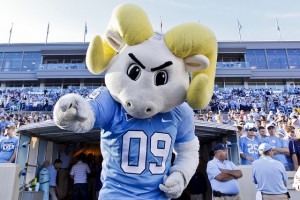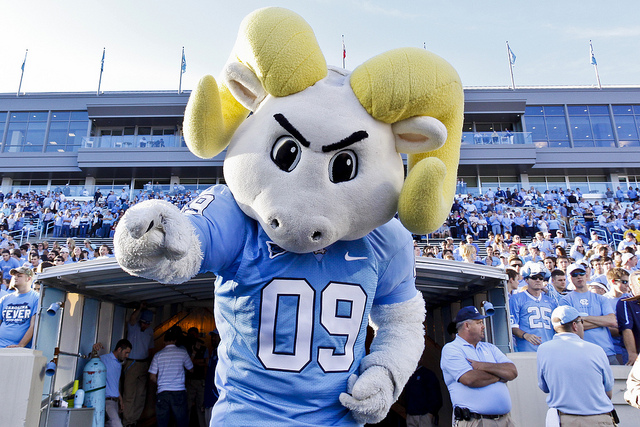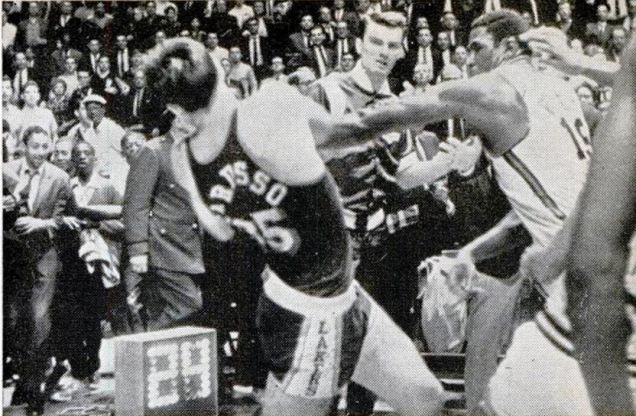
Former NBA player Rashad McCants came out a few months ago saying that he never went to class, and had “assistance” in passing classes while he attended UNC. Looks as if his allegations are proving to be true.
Let’s just keep it 100. Nobody should be shocked that athletes are getting a leg up academically at some institutions. It’s not a new or shocking idea. But, the flagrancy, and length of time with which it allegedly took place at The University of North Carolina is interesting.
An independent investigation has detailed the school’s alleged on-going academic fraud involving students and student-athletes. The report claims the university issued “high grades that often had little relationship to the quality of [a student’s] work” to over 3100 students since 1991. Of that number, 48% were student athletes.
For those unfamiliar with the specifics of the situation, UNC’s academic practices became a target for scrutiny in 2011, when inconsistencies on a transcript from former football player Marvin Austin revealed spurious practices within the university’s academic department. Simply put, athletes were getting easy A’s from certain professors associated with the school’s Department of African and Afro-American Studies, namely Debby Crowder (now retired) and former department head Julius Nyang’oro, who resigned from his post in 2011.
Of those that were athletes, half were on the football team and 12% were basketball players. The classes were structured so attendance wasn’t required, only a research paper was required to pass.
Many athletes were even urged to take these classes, as the professors worked with counselors to steer players into easy courses. Some professors even consulted counselors about what grades they should award certain players, depending on how badly they needed a high grade.
Even worse, administrators and faculty members around UNC were at least partially aware of what was taking place within the AFAM department. Unfortunately, little action was taken to mitigate the effects of this deeply-ingrained corruption. Over the course of this entire scandal, 329 students used a paper class to receive a passing GPA for a semester. 81 of those students needed paper classes just so they could graduate. However, the amount of actual learning that took place throughout their education was clearly minimal.






